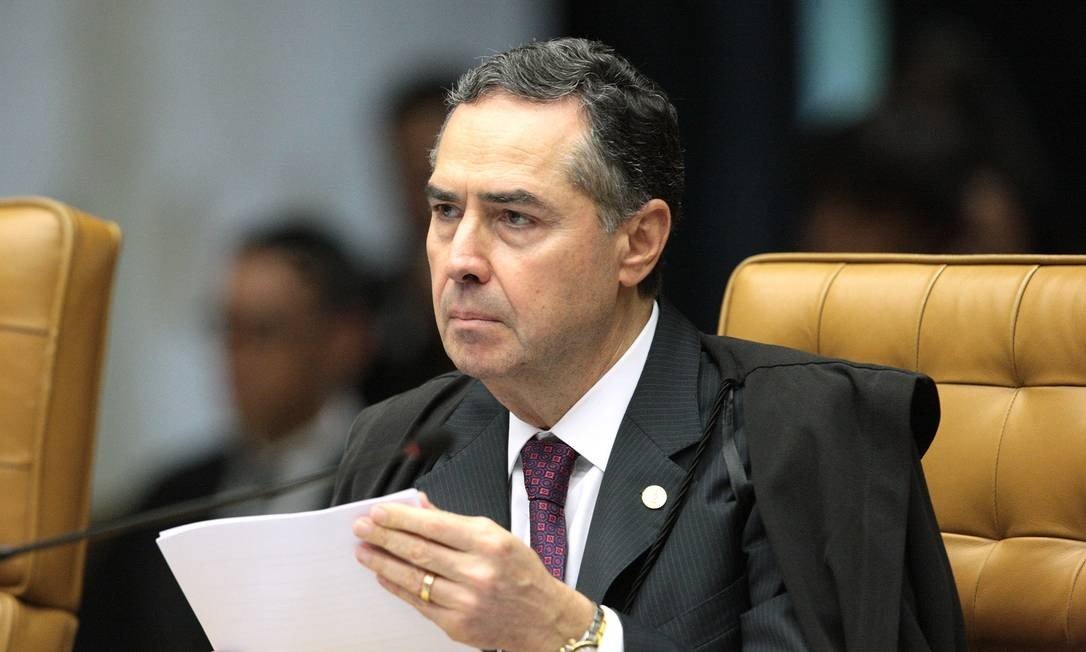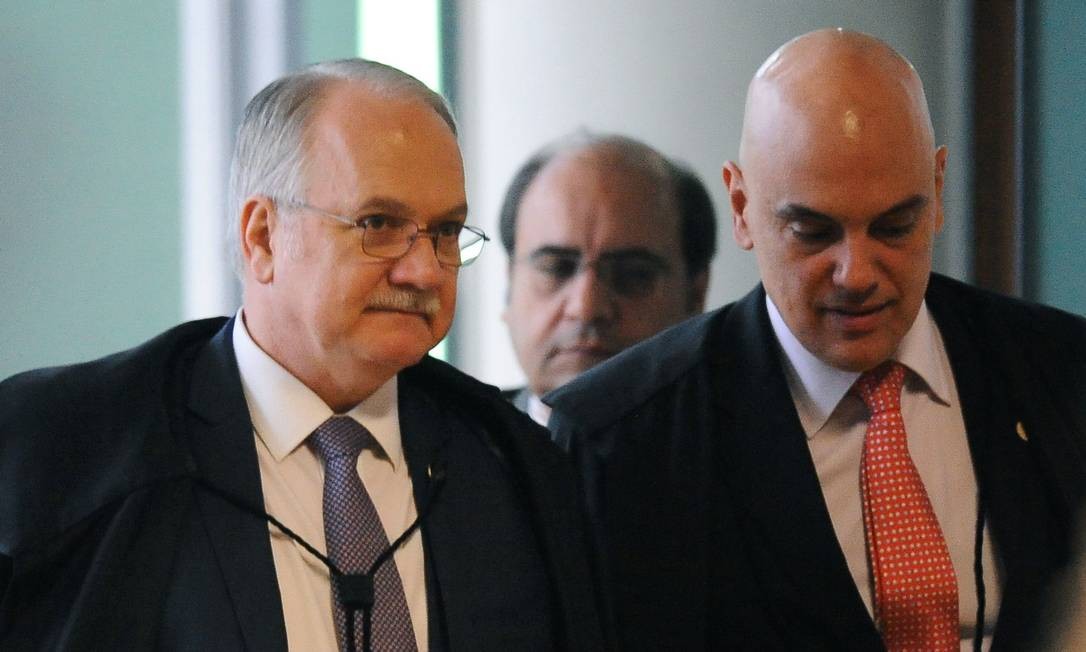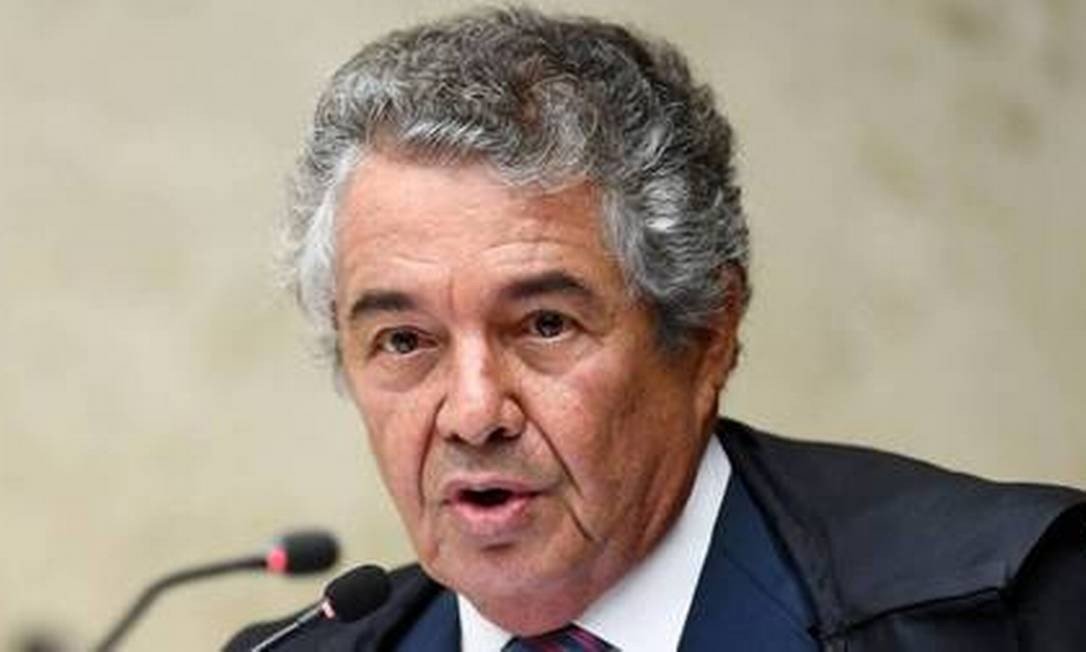RIO DE JANEIRO, BRAZIL – Justice Luis Roberto Barroso, of the Supreme Court (STF), voted on Wednesday, October 23rd, in favor of the possibility of imprisonment after affirmation of a conviction by an appellate court.

According to the Justice, the measure – considered one of the pillars of Operation Lava Jato in the fight against impunity – has not aggravated the problem of incarceration in the country and should be upheld.
This Wednesday’s session was closed following Justice Barroso’s vote, and the trial will resume on Thursday, 24th, at 2 PM.
“Brazil is experiencing an epidemic of violence and corruption. It is cooler to defend freedom than to have someone arrested. But I need to avoid the next rape, the next theft”, said Barroso in his vote.
So far, the early enforcement of the sentence has already won three votes: Justices Alexandre de Moraes, Edson Fachin and Luis Roberto Barroso. In the opposite direction, trial rapporteur Justice Marco Aurélio Mello, voted to allow imprisonment only after all appeals have been exhausted, based on the presumption of innocence.
“This debate has nothing to do with public opinion. This is just one of the faces of intolerance, of the other’s unwillingness to accept, of the obsession with one’s own convictions. On the other side of intolerance, there are those who think that the old model (against the early enforcement of the sentence) has a pact with impunity. The belief that those who think differently from me can only be at the service of a sordid cause is a primitive way of living life. Screams and insults do not change opinions, nor does reality”, Justice Barroso avowed.

According to Barroso, public opinion is a volatile concept, which changes like the clouds, not serving as a basis for “interpretation of anything”. “And even less does public clamor. The relevant concepts here are others – justice, fundamental rights, and public interest – and they need to be present in any society that does not wish to regress. When a good citizen feels indignant about the death of a child by a shot from a rifle, rape or domestic violence against a woman, with a landgrabber who sets fire to the forest, with the embezzlement of millions of reais by corrupt public officials, it is not public opinion that is involved,” the justice emphasized.
“It is the righteous indignation with the natural system of justice that people bring within themselves and that unites good people. A country that loses its sense of justice is a country that has been lost in history. All power, in a democracy, is exercised in the name and in the interest of society.”
Numbers
When analyzing data collected in the National Penitentiary Department (DEPEN), Barroso stressed that after the Supreme Court allowed imprisonment after appellate court affirmatioin of a conviction in 2016, the growth rate of the prison population actually decreased: “the guideline did not exacerbate the incarceration problem,” said the Justice. Barroso’s comment raised concerns among lawyers who follow the session inside the plenary.
According to him, data from the body also showed that, after the STF change in jurisprudence, the percentage of pre-trial detention dropped by ten percent. The justice believes this may show that before the possibility of incarceration after only one appeal existed, lower court judges anticipated incarceration almost by a “natural instinct” to curb impunity.
“The average percentage of pre-trial detention between 2010 and 2016 was 35.6 percent. In 2017 and 2018 (after a favorable understanding of second instance imprisonment) the average percentage fell to 32.45 percent. A possible guesswork is that when the judge cannot enforce after the second instance, he or she anticipates pre-trial detention. It’s almost a natural instinct to curb impunity, often they imprison before it might be necessary,” the justice said.

Barroso also said it wasn’t the impoverished who were impacted by the possibility of imprisonment after a second instance conviction. “It is not the impoverished that we are dealing with here,” he said. “It was not the impoverished who harnessed the brightest and most expensive criminal lawyers in the country”.
Supreme Court Interpretations of “Presumption of Innocence”
Early enforcement of sentences was permissible until 2009, when the STF changed its interpretation to allow imprisonment only after all appeals had been exhausted (a final decision). In 2016, the Court returned to accepting once again an earlier enforcement, after one level of appeals; this is regarded as crucial by prosecutors and judges in punishing white-collar criminals.
“Here we decide once, then a second time, then a third time, and we are today deciding for the fourth time; worse, nothing says that next year someone (a Justice) could change their mind, and we’ll discuss it again. Case law decisions have inherent, per se value. Precedent exists to be respected,” said Barroso.
In order to prevent a new defeat of Lava Jato in the STF, the Vem Pra Rua (Come to Street) group mobilized followers on social media to persuade Barroso and Justices Luiz Fux, Edson Fachin and Cármen Lúcia – all four in favor of early sentencing – to interrupt the trial by requesting more time for analysis and thus a suspension.
In the office of Justice Luis Roberto Barroso alone, more than 2,000 phone calls and 4,500 e-mails were received last week, praising the Justice’s performance and urging Barroso to ask for more time for analysis and to interrupt the trial. The Justice did not heed these calls, rather proffered his decision.
Source: Estadão Conteúdo

